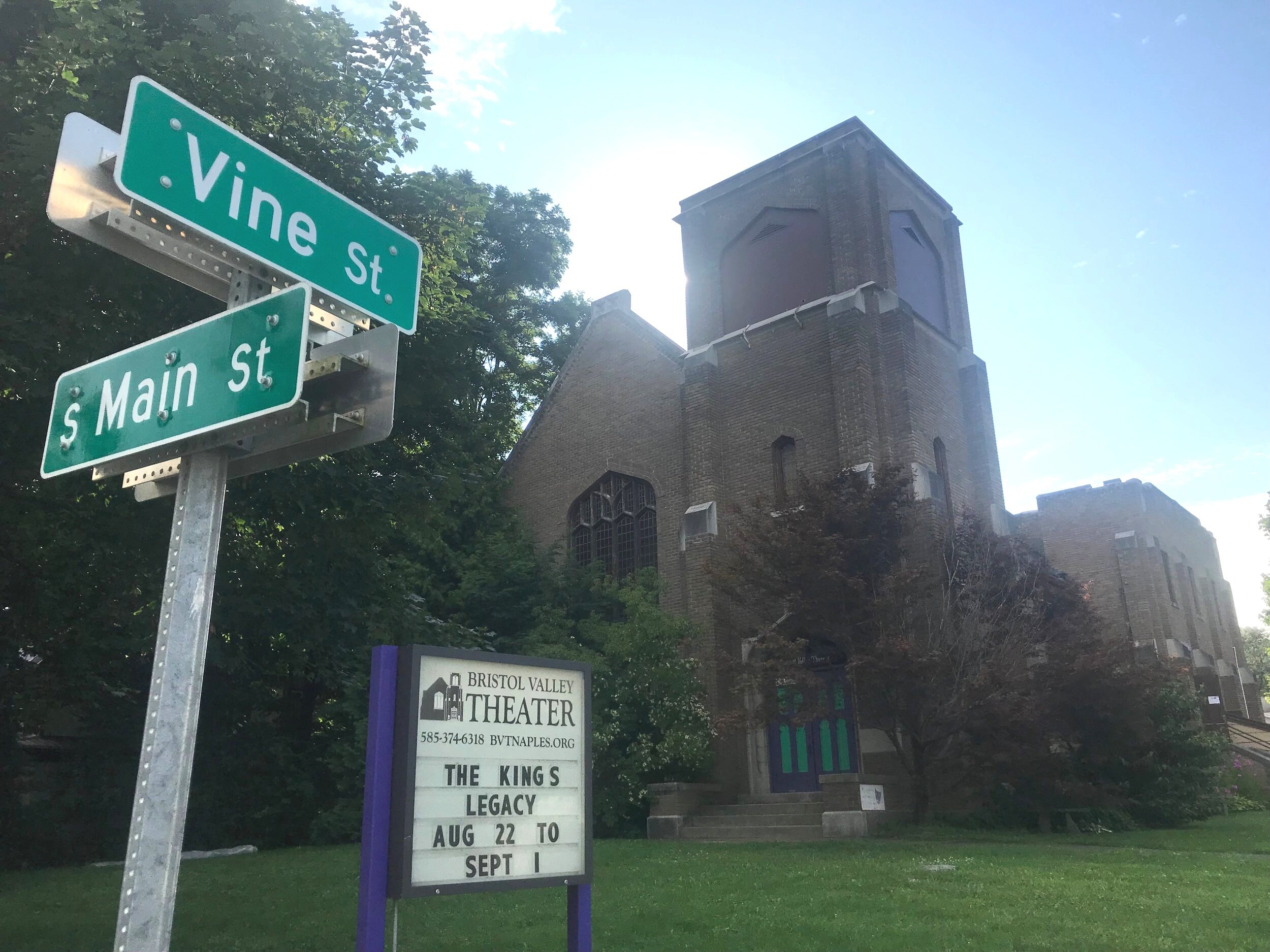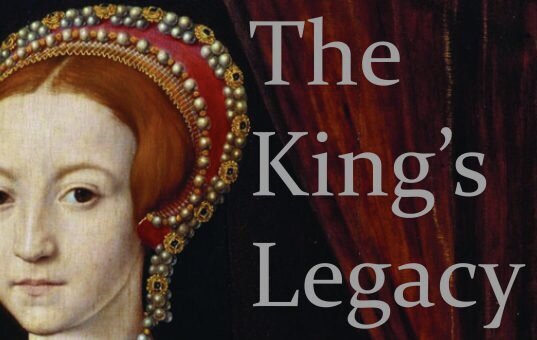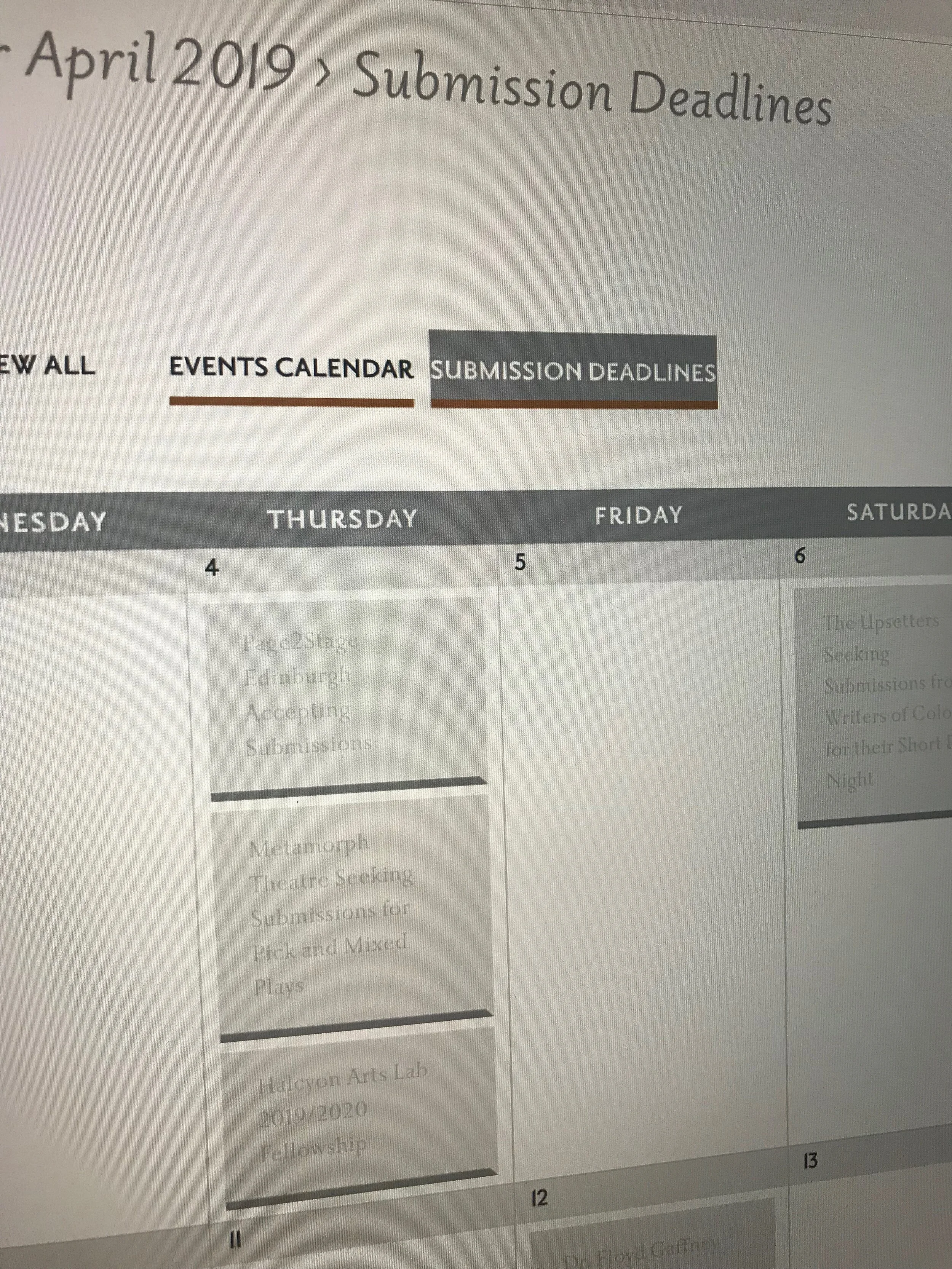How To Listen
/One of the most important skills we have as human beings is our ability to communicate, and to do so effectively.
However, one could easily argue that - societally speaking - we have not been communicating effectively with one another, or have only been doing so with a select group of people. The events of the past ten days seem like blatant proof of that.
A large part - if not the largest part - of effective communication and the subsequent forward momentum of progress is:
Active Listening.
We - and I’m speaking to the heavily White majority of my readership here - are being asked right now to Actively Listen to our Black peers, friends, family, colleagues, allies, acquaintances, and all Black voices across the country.
So how do we do this? What does this mean? Where to start?
Read More










